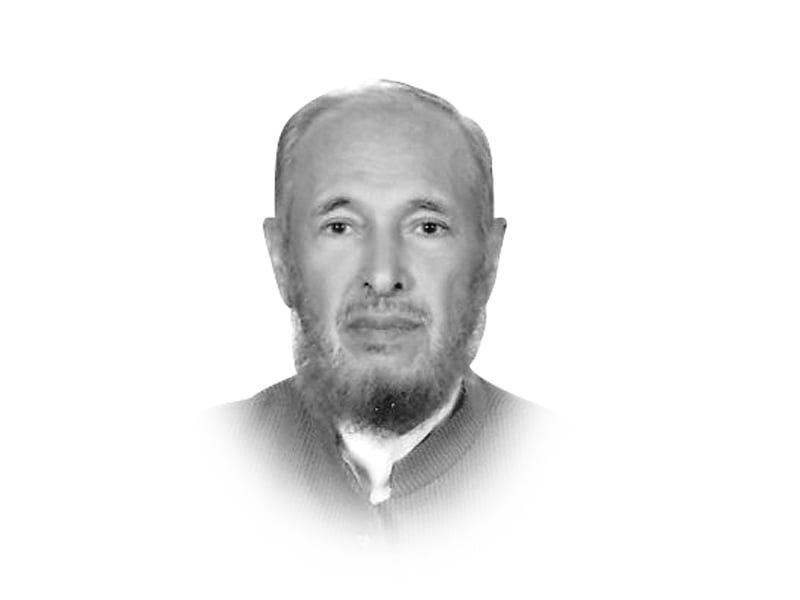
The inquiry into the alleged crimes committed by members of Austarlia’s Elite Special Forces during deployment in Afghanistan has now been made public. The report that took four years to complete has generated a strong reaction within and outside Australia. The exhaustive report was based on an examination of 423 witnesses, 20,000 documents and more than 25,000 images.
The damning report has shed light on the conduct of the Elite Special forces during the course of their duty in Afghanistan. Those targeted included, farmers, prisoners and other non-combatants. In some cases dogs were unleashed on unarmed villagers, ripping them to pieces.
All acts were committed not during the heat of battle but in routine raids conducted by forces for arrests, house searches of those suspected to be supporters of the resistance. In some cases people were killed on orders of senior commanders to give a sense of ‘real battle’ to the soldiers.
The Australian Army Chief has apologised for these horrendous war crimes committed by the soldiers; 15 soldiers have been removed and other actions are to follow.
The Australian Prime Minister in a telephonic call to Afghan President Ashraf Ghani has vowed to bring perpetrators to justice offering his country’s apologies for the atrocities.
Stories of excesses committed by foreign forces on innocent civilians are not uncommon. What is most disgusting is that such crimes have not been thoroughly investigated. Those involved have not been punished. Accounts of war crimes being committed by foreign forces mainly those of the US, UK and Germany have been in the air for a long time now.
What has really contributed to this ugly and dreadful spectacle where civilians bear the brunt of an unending conflict? And where has killing prisoners for ‘blood’ become a sport with foreign forces?
Firstly it’s the psyche that foreign forces bring to the country when they are deployed. They believe Afghans are mostly uncivilised, desperate to hunt and kill all foreigners and need to be treated as such. Then there is this feeling of lack of accountability for actions that would normally be bracketed in as war crimes. Lack of monitoring by senior officers is another reason for soldiers to indulge in acts that disgrace their countries or institutions.
The most unfortunate dimension of the gory drama being played in the villages, rugged mountains and deserts is that the documented killing of 39 Afghan non-combatants is just the tip of the iceberg. There are unconfirmed reports of thousands of such innocent Afghans having been deliberately wounded or killed by security forces of foreign countries.
The Australian Army Chief needs to be complimented for the courage in making the report public and showing his resolve to punish those who are guilty. But he should also pursue those cases where the culprits have not been identified and tried yet. Other countries mainly the US should finally wake up to crimes committed by its military personnel and penalise those found guilty.
The crimes, well-documented and proven by members of disciplined forces, shows the deep malaise that has pervaded the rank and file members of an elite force. The Australian government would certainly take a long view of this grim situation and take steps to rid the system of ingrained and deeply embedded lust for crime and killing amongst its trained and ‘motivated’ soldiers. In the meantime the Afghan government should also comprehensively review the current environment in order to prevent foreign forces or indeed members of its own security forces from carrying out such brazen, cruel acts of killing in the garb of ‘raids’ or house searches.














COMMENTS
Comments are moderated and generally will be posted if they are on-topic and not abusive.
For more information, please see our Comments FAQ